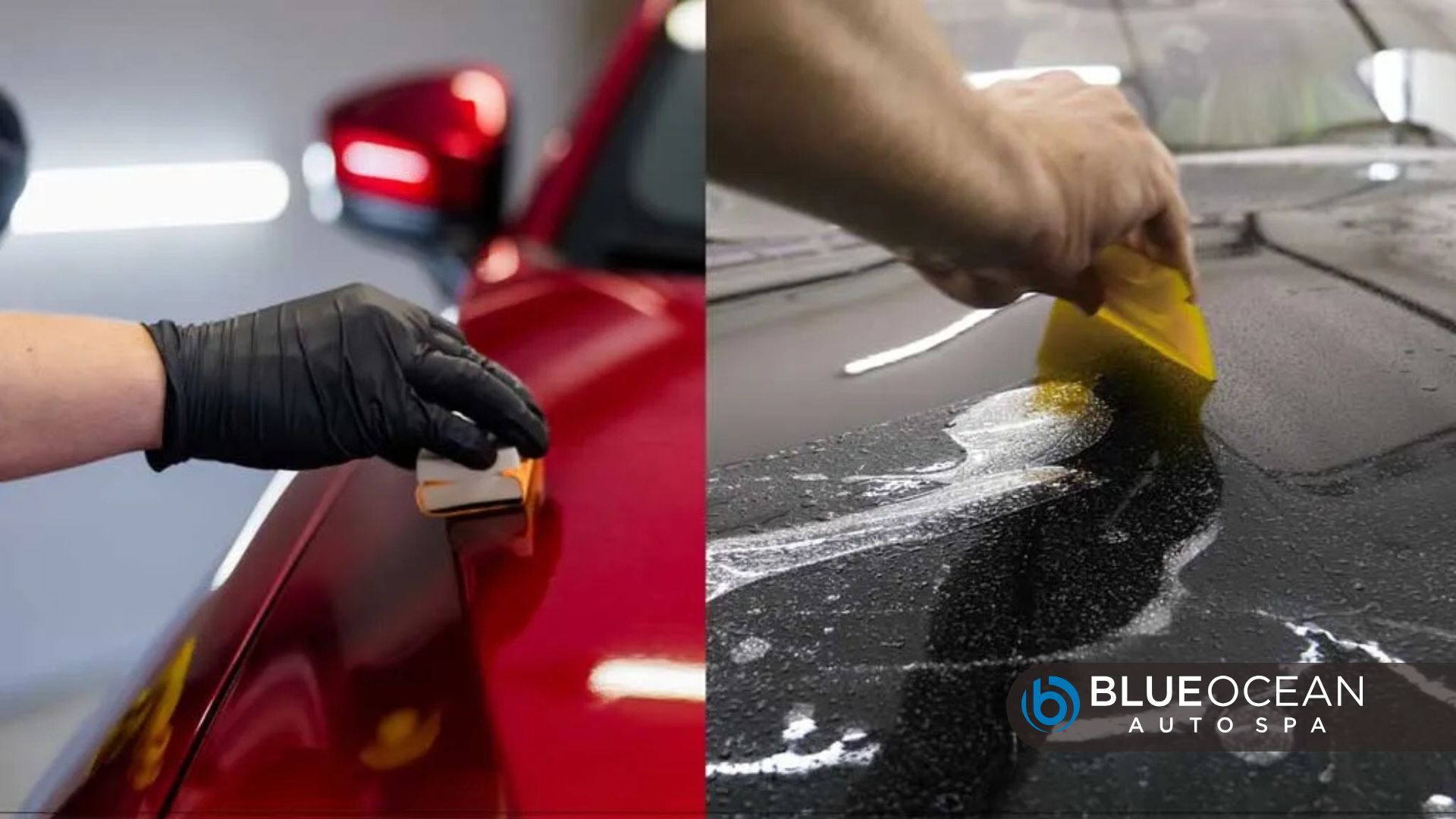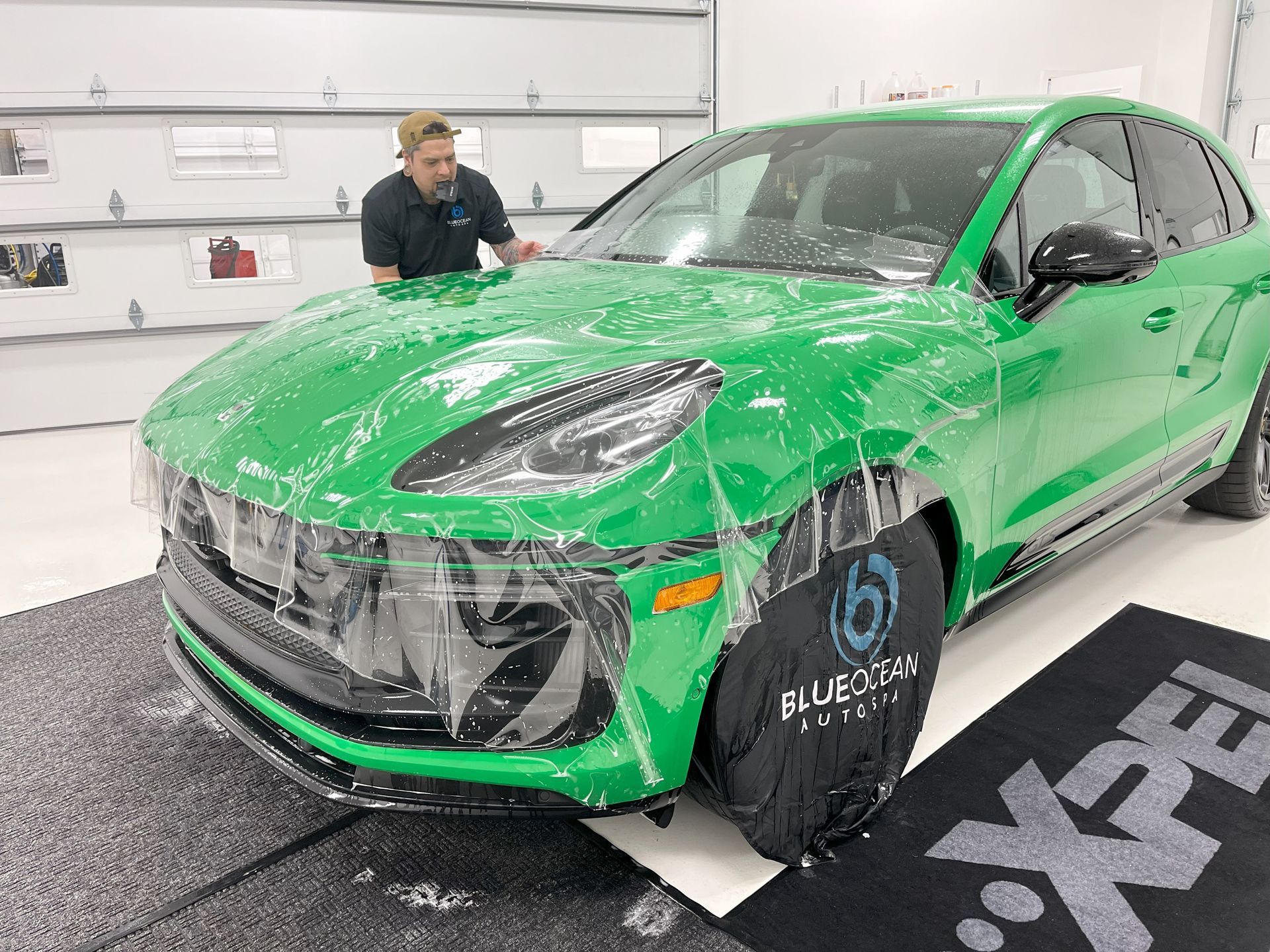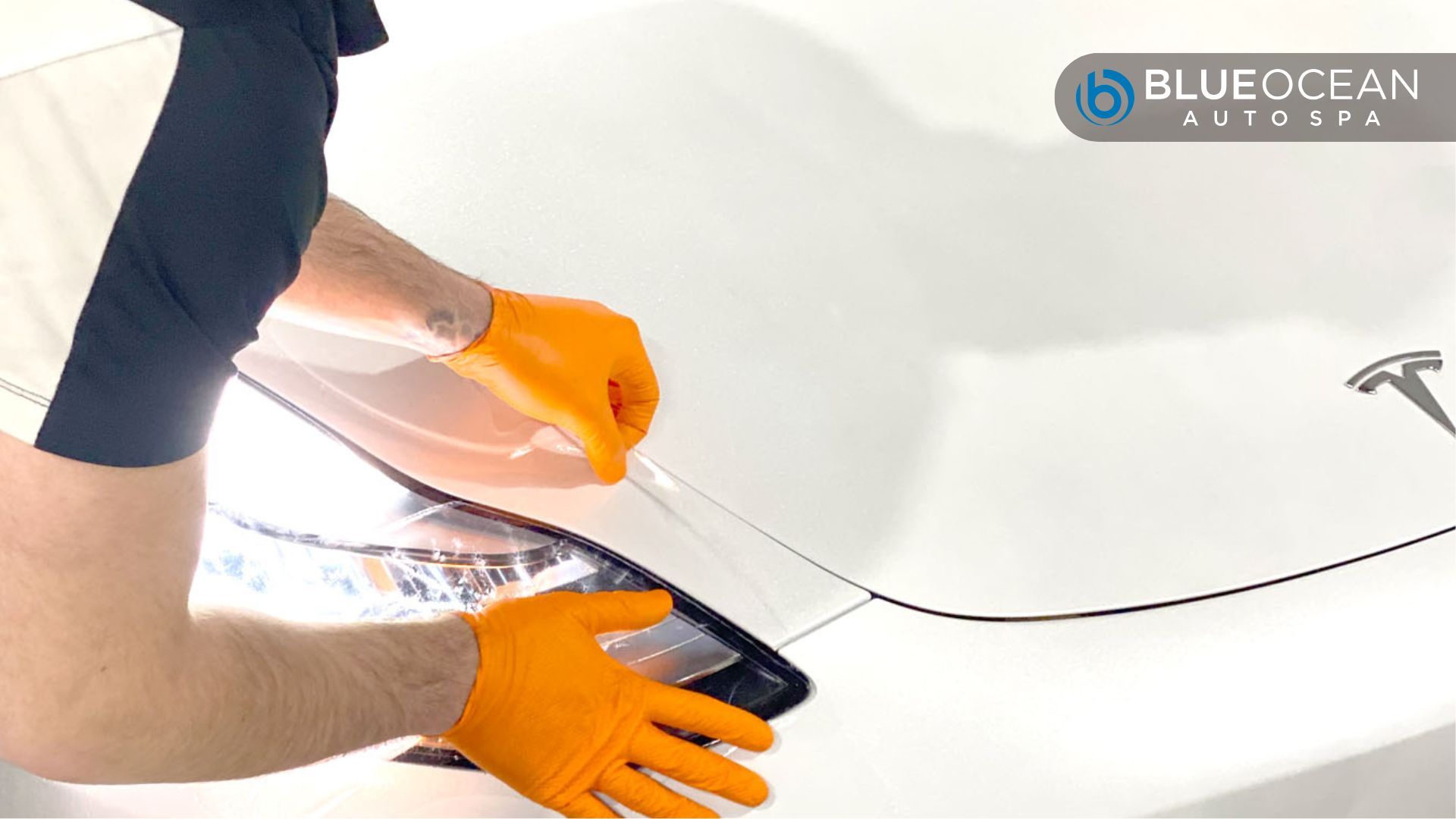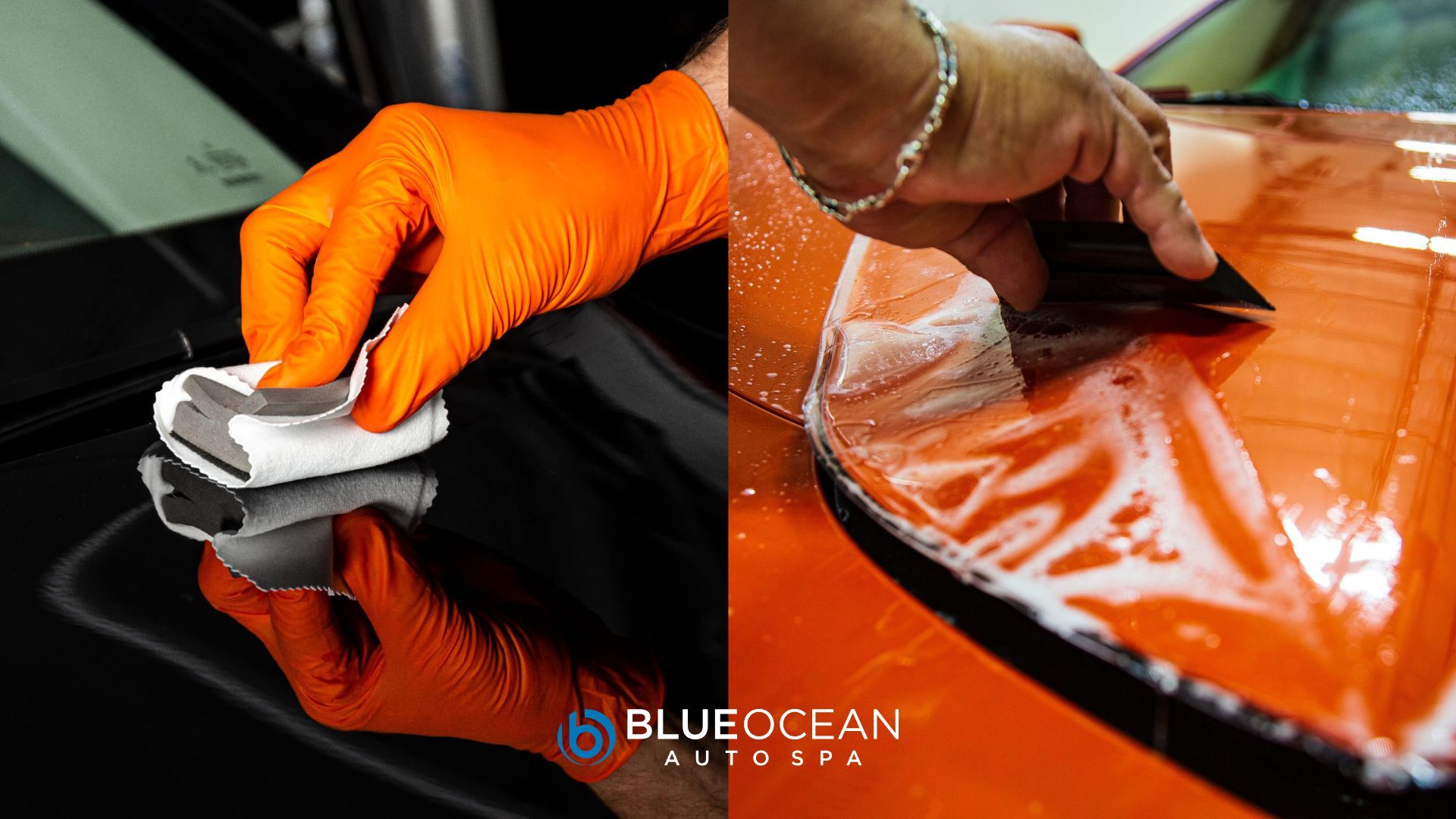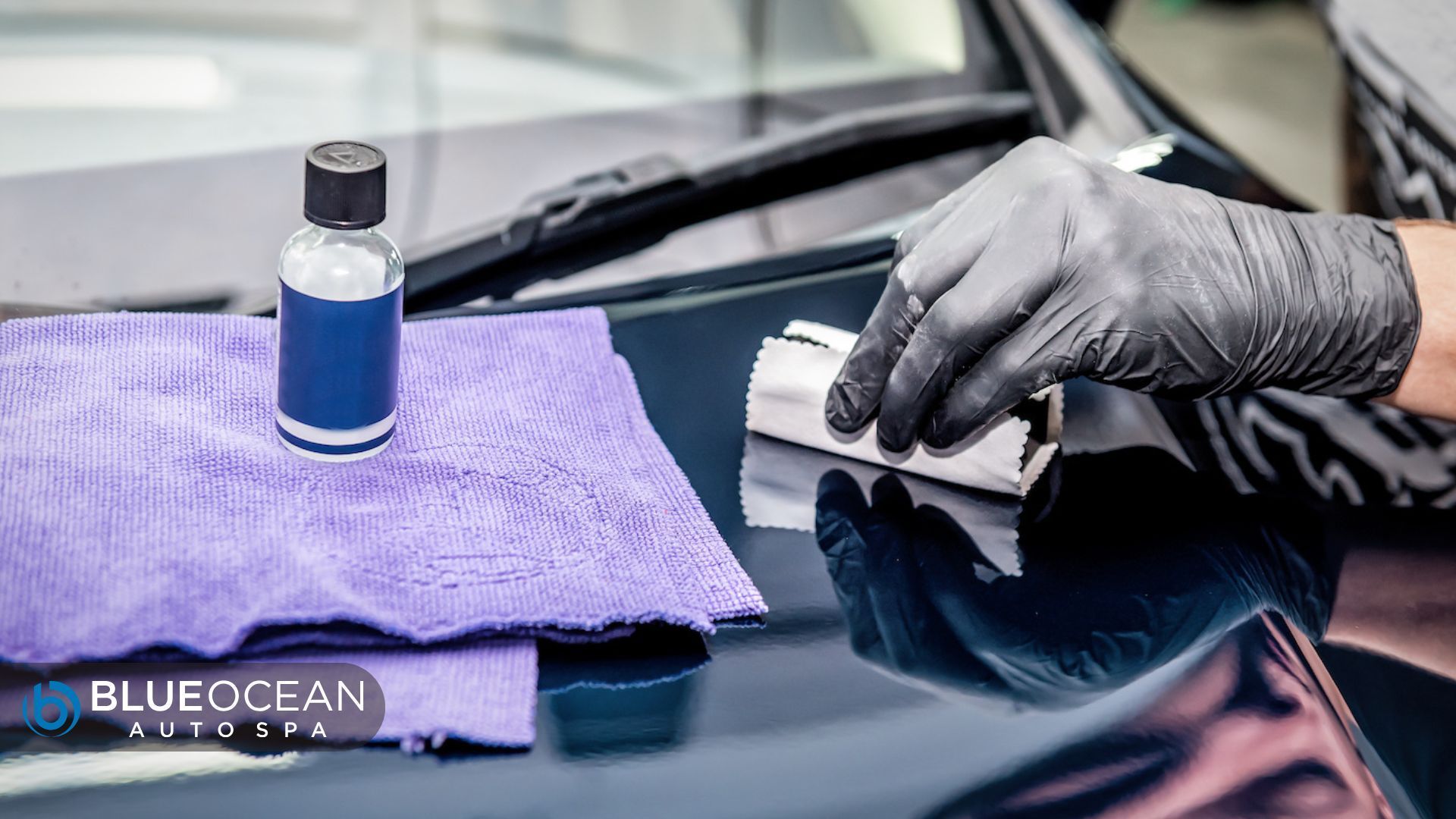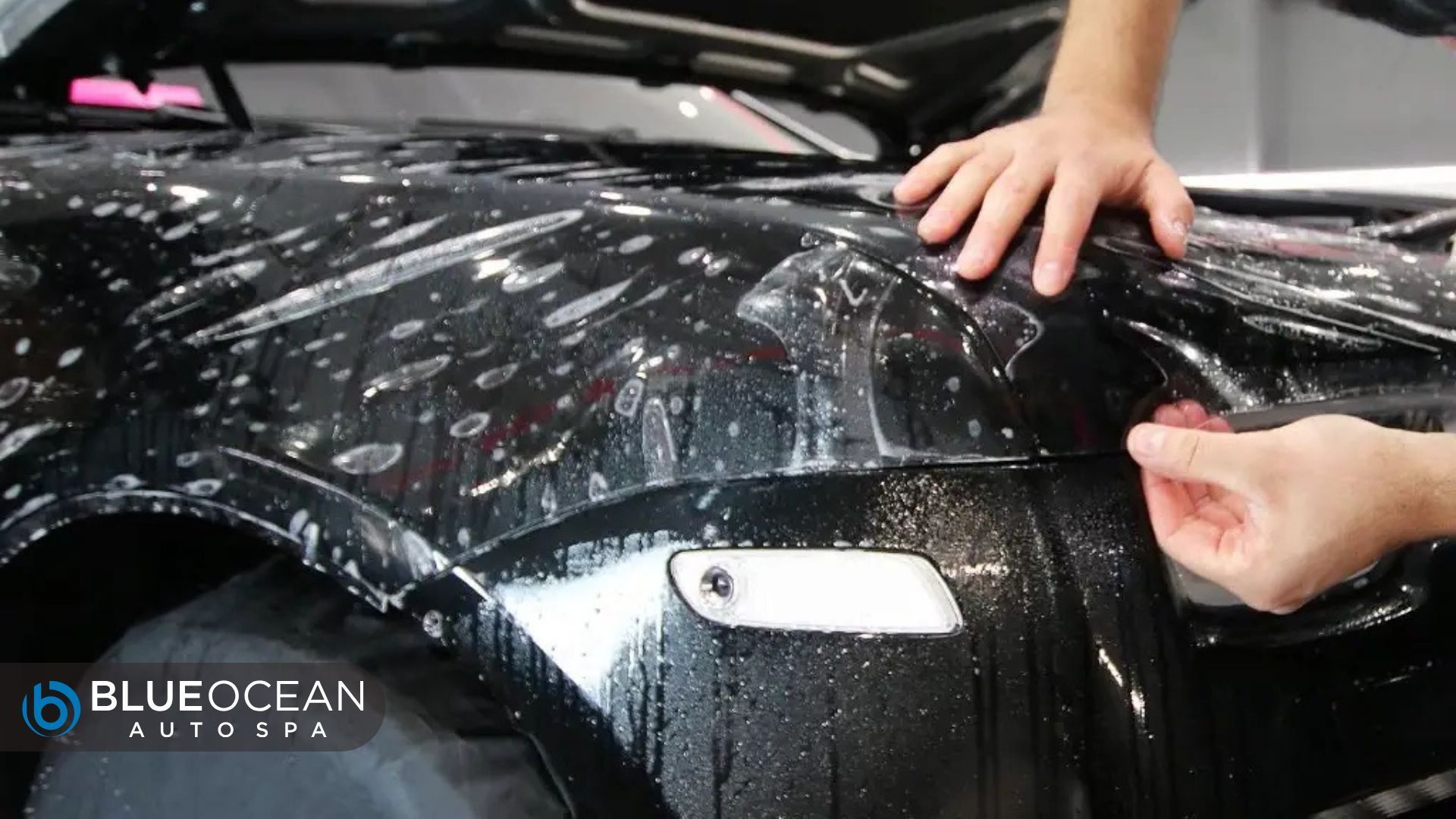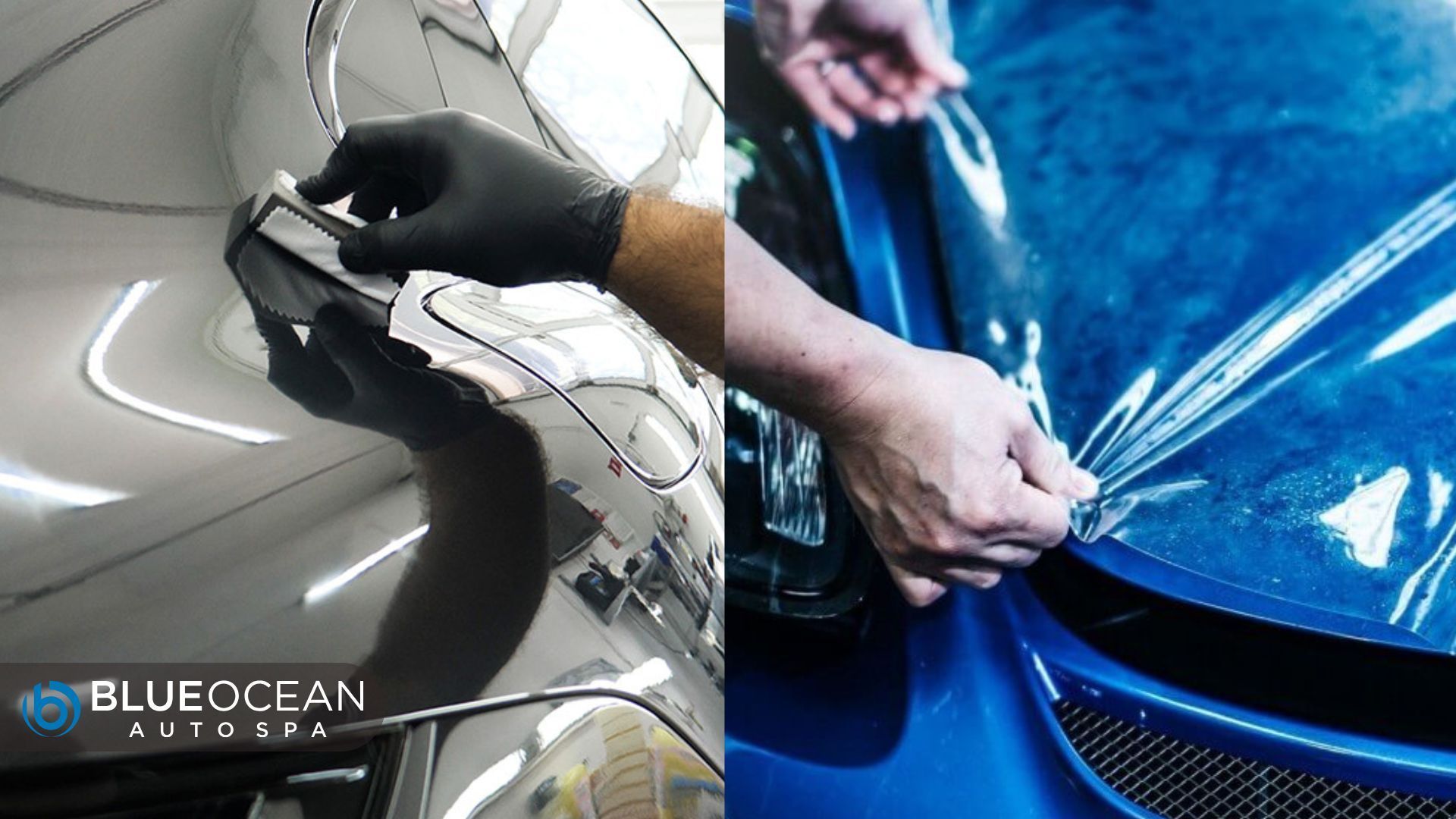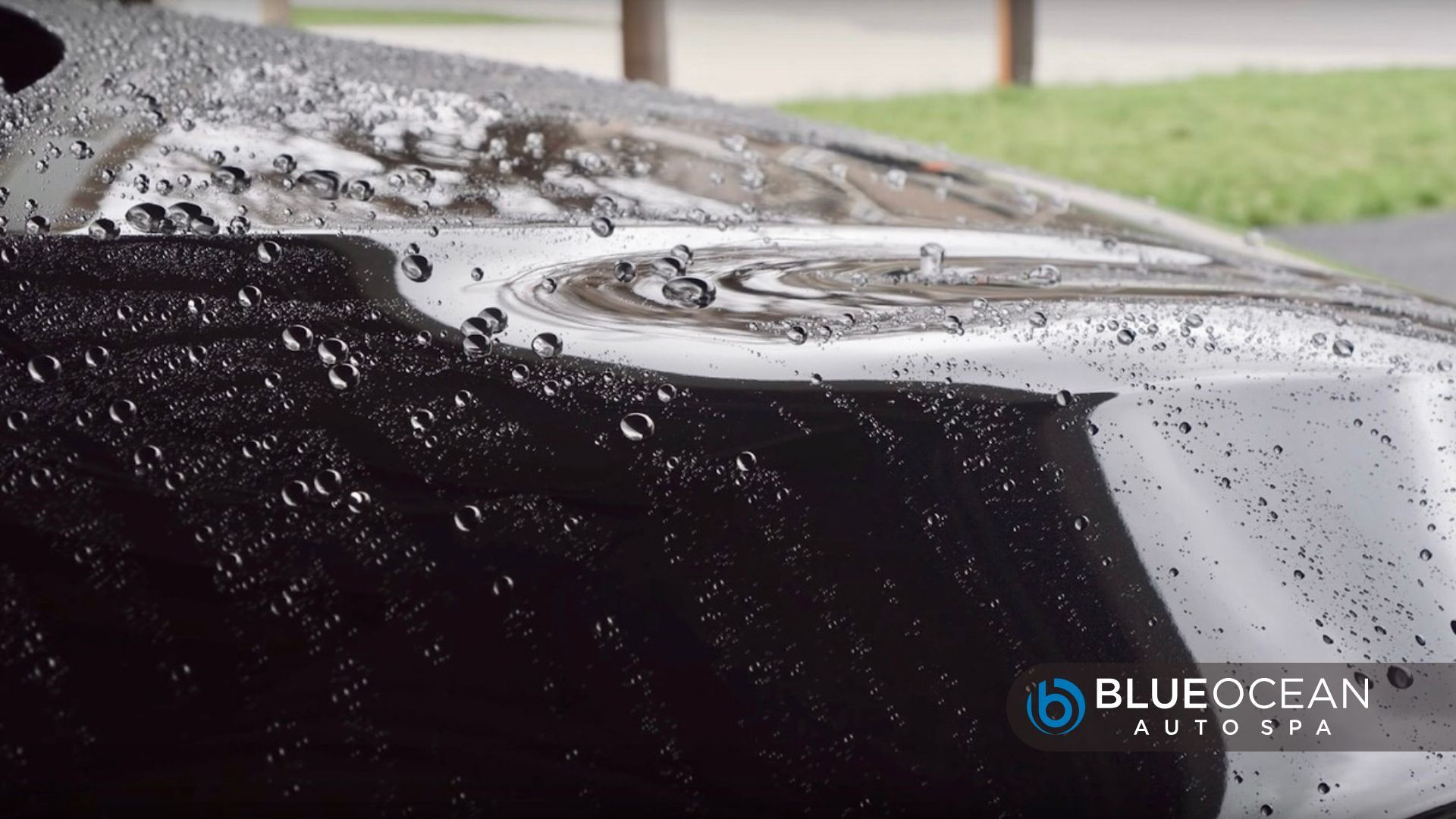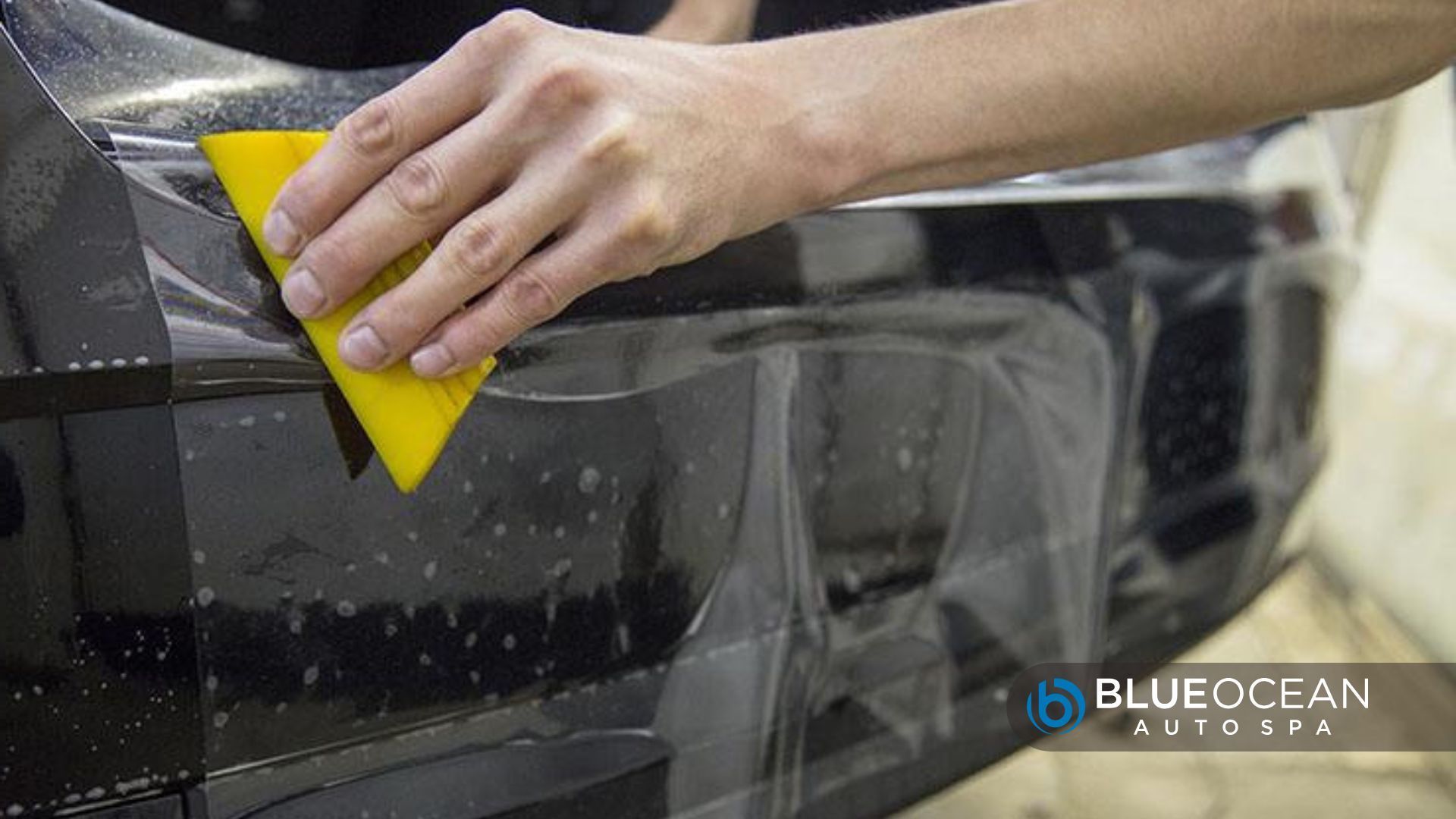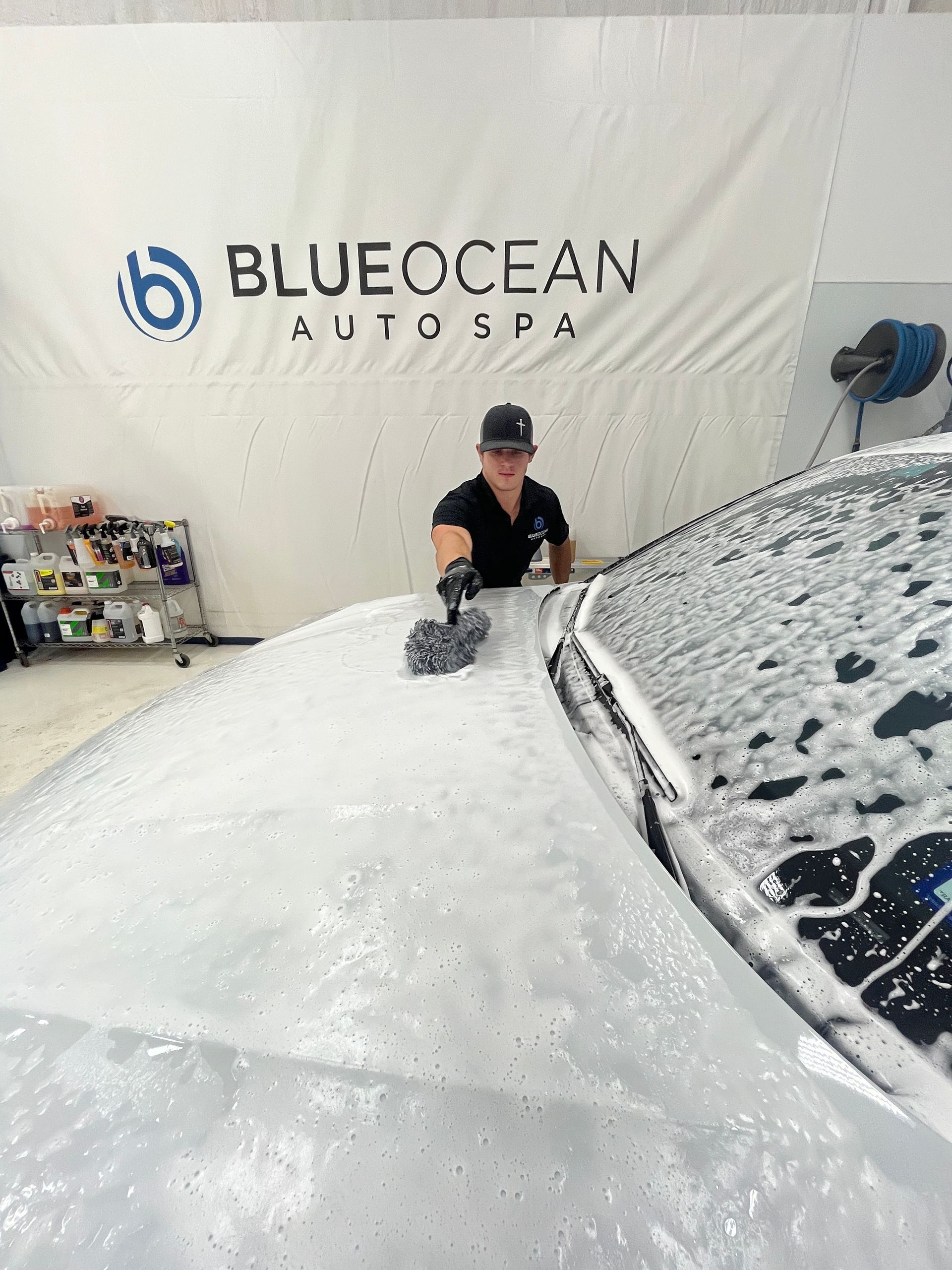Choosing the Best Paint Protection Film (PPF) Installer Cedar Park
Best Paint Protection Film Cedar Park TX - How to Choose An Installer
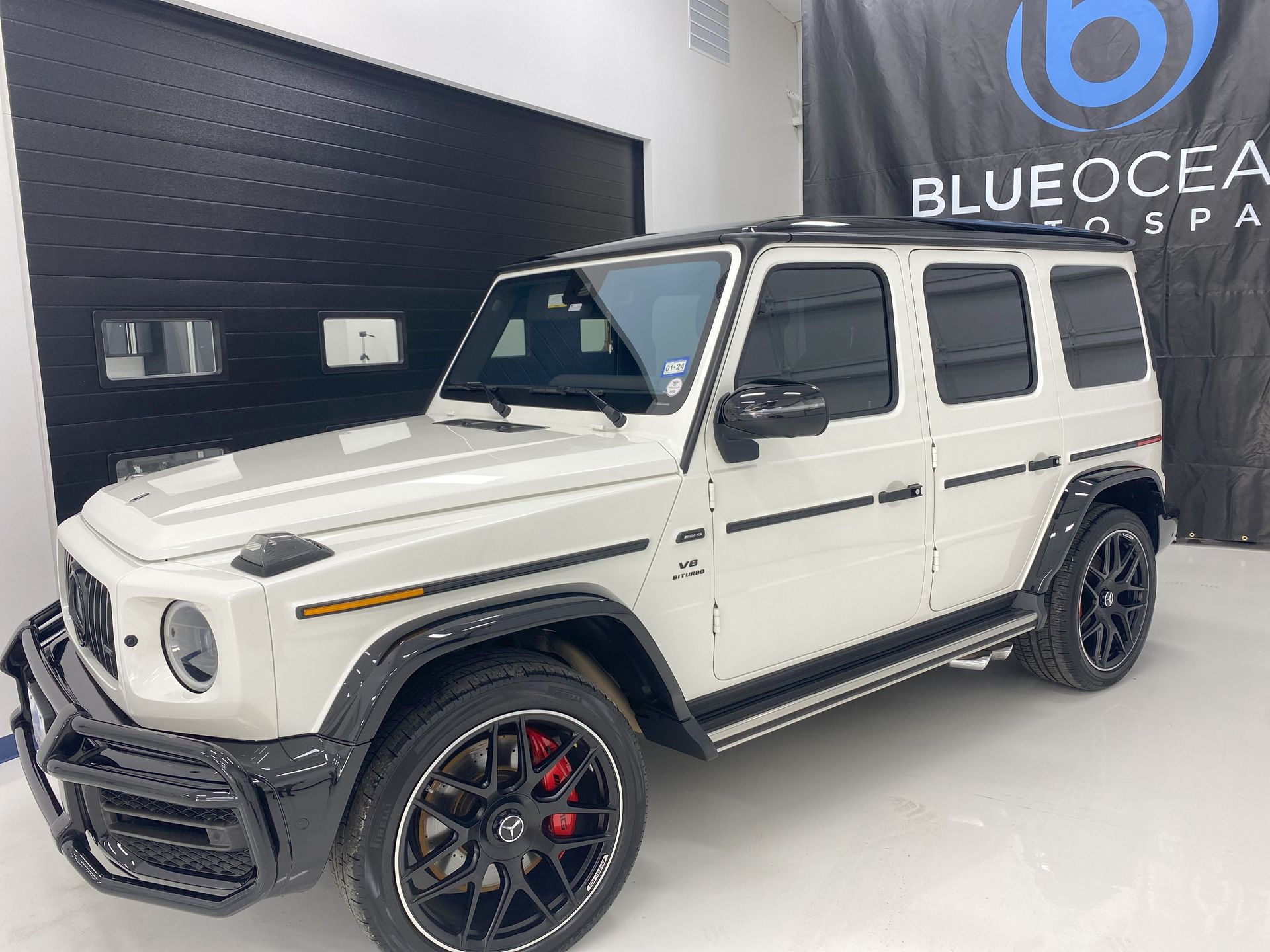
When it comes to protecting your vehicle’s exterior, finding the right Paint Protection Film (PPF) installer is a critical decision. A quality installation can safeguard your car's paint for years, while a poor one can lead to wasted money and lackluster results. Doing your research ahead of time improves your odds of finding the right mix of cost and quality. Here are five key criteria to help you make an informed choice, building trust and confidence in your final decision.
1. Visit the Shop
One of the most important steps when selecting a PPF installer is visiting the shop in person. Observing the cleanliness and organization of the workspace is a good indicator of the level of care that will be applied to your vehicle. A clean, well-maintained facility signals professionalism and attention to detail, both of which are critical in achieving a flawless PPF installation.
Ask yourself questions during your visit: Is the shop neat and orderly? Is the installation area conducive to quality results? Do they prep the vehicles inside or outside? These factors contribute to how well they will handle your car. Remember, a professional workspace reflects the care and precision they’ll give to your paint protection installation.
2. Interest in Your Specific Needs and Wants
The right installer should be more than just a technician—they should take the time to understand your specific needs. A quality installer will ask about your driving habits, the conditions your car is exposed to, and what you hope to achieve with PPF. Are you looking to cover high-impact areas like the front bumper, or are you interested in a full-body wrap for maximum protection?
An installer who takes an interest in your preferences shows that they’re committed to delivering a personalized solution, not just a cookie-cutter service. This attention to detail helps you make informed decisions about your PPF installation and ultimately increases the value you receive. If they don’t take the time to understand your goals, it could be a sign that you’re just another transaction to them.
3. Quality, Not Quantity, of Reviews
Online reviews are a useful tool when researching PPF installers, but it’s important to focus on the quality of the feedback, not just the number of reviews. Look for detailed reviews that provide insight into the customer's experience, the level of professionalism, and the quality of the installation. Positive reviews that emphasize trust, skill, and craftsmanship should carry more weight than sheer volume.
Some installers may have numerous reviews but still deliver subpar results, while others might have fewer reviews but a solid reputation for excellent work. Dig deeper into what past clients have to say about the installer’s reliability, attention to detail, and customer service. Consistently high-quality feedback builds trust and gives you a better sense of what to expect.
4. Ask About the Qualification and Tenure of the Technician
The skills and experience of the technician who will be working on your vehicle are crucial to a successful PPF installation. Don’t hesitate to ask about the qualifications and tenure of the specific technician assigned to your job. How long have they been installing PPF? Are they certified by top PPF brands like XPEL or 3M? Do they have a track record of excellent results?
An experienced technician who has undergone proper training is far more likely to produce flawless, lasting results. This knowledge not only builds trust but also ensures that you’re getting the best value for your money. Choosing a shop that employs certified, experienced technicians will help you avoid future issues, such as peeling, bubbling, or misalignment of the film.
5. Price Won’t Always Reflect Results, but Many Times It Will
Price is an important factor in any service, but it shouldn’t be the only one you consider. When it comes to PPF installation, lower prices often reflect lower-quality work. Conversely, higher prices don’t always guarantee the best results, but they are often tied to superior materials, experience, and attention to detail.
A well-executed PPF installation can last for years, protecting your vehicle’s paint from chips, scratches, and UV damage. This long-term benefit makes it worth investing in an installer who might charge a bit more but delivers quality and peace of mind. Avoid the temptation to simply go with the cheapest option—you might end up spending more later on corrections or reapplications.
Conclusion
Choosing the right paint protection film installer is about balancing cost with quality. By doing your research, visiting the shop, asking about the technician’s qualifications, and considering customer reviews, you can make a well-informed decision that delivers long-lasting protection for your vehicle. While price is important, it shouldn’t be the deciding factor—focus on finding an installer who is committed to delivering the results you need for your car's long-term protection. With a bit of effort upfront, you’ll increase your odds of finding an installer you can trust for years to come.
